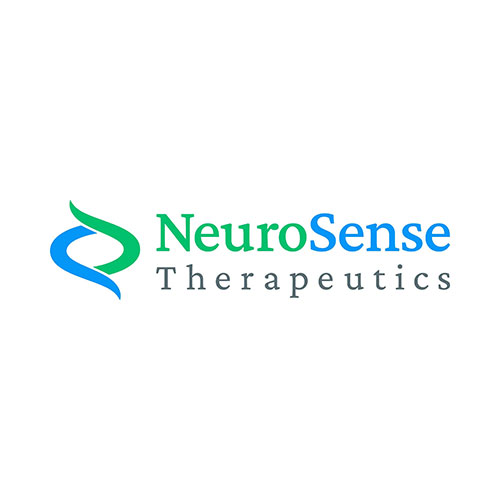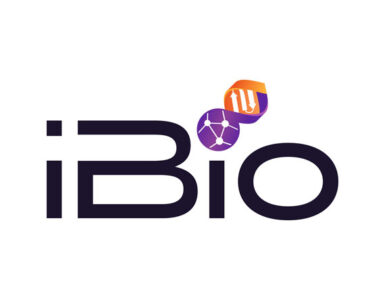
NeuroSense Therapeutics (NASDAQ:NRSN) signed a collaboration agreement with Dr. Ghazaleh Sadri-Vakili, Ph.D., and Massachusetts General Hospital’s NeuroEpigenetics lab to explore the neurotherapeutic effects of its lead combination drug, PrimeC, utilizing a novel in vitro model generated from post-mortem ALS brain tissue (synaptoneurosomes (SNs) system).
Dr. Sadri-Vakili, associate professor at Harvard Medical School and the director of the NeuroEpigenetics laboratory at the MassGeneral Institute for Neurodegenerative Disease, focuses on understanding the mechanisms involved in neurological disorders.
Dr. Sadri-Vakili’s laboratory has identified disease specific alterations in multiple cellular pathways using human samples as well as cellular and animal models of amyotrophic lateral sclerosis (ALS), Huntington’s disease, and X-linked dystonia-parkinsonism.
In ALS, the laboratory is assessing the pathogenic role of neuroinflammation and oxidative stress using post-mortem samples. Key elements of these studies have recently been published using a novel ALS SNs system.
The objective of the collaborative studies is to expand the understanding of PrimeC’s mechanism of action in attenuating ALS-related pathology, specifically TDP-43 accumulation, autophagy defects, mitochondrial dysfunction, and oxidative stress.
In addition, the studies will compare the potential therapeutic effect of PrimeC combination therapy relative to each one of its FDA-approved compounds, ciprofloxacin and celecoxib, separately, to further demonstrate the beneficial synergistic effect of PrimeC as a combination therapy.





